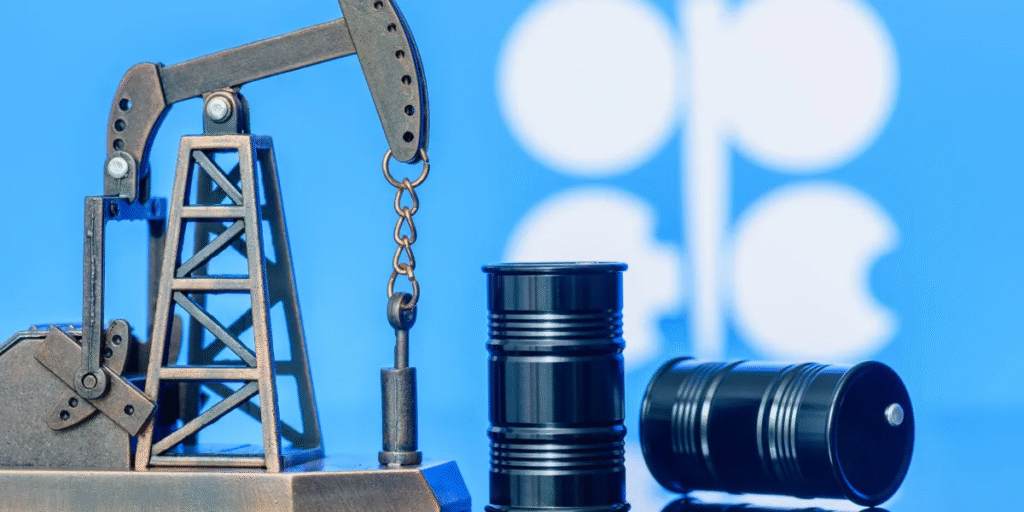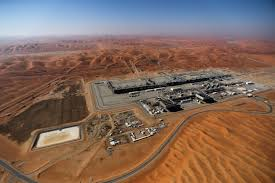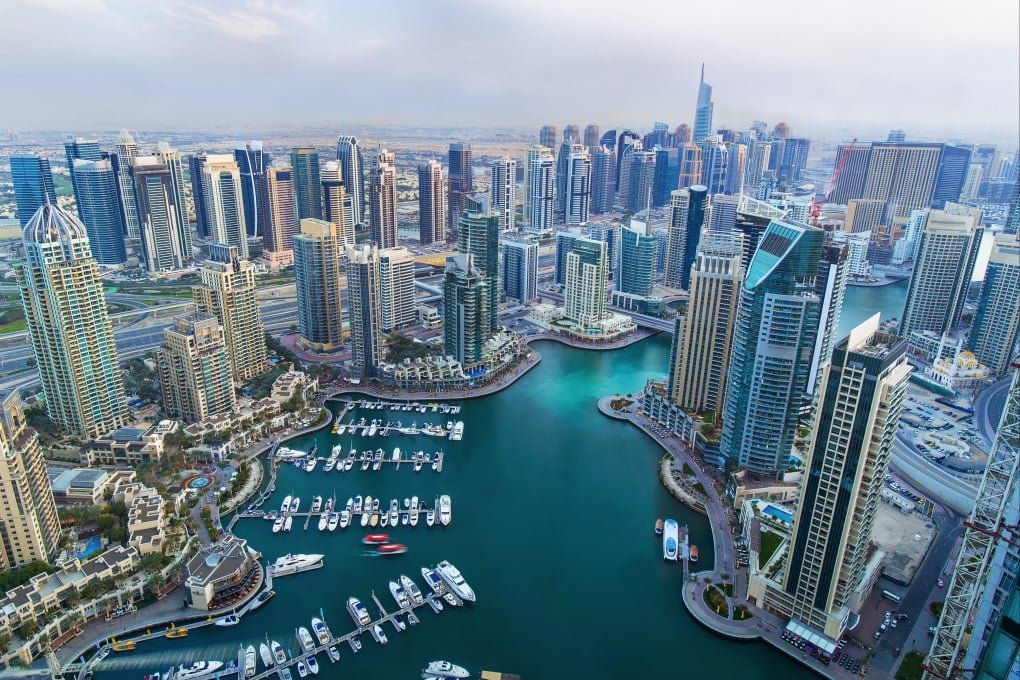Now Reading: Saudi Arabia’s Powerful Role in OPEC Shaping Global Oil Future 2025
-
01
Saudi Arabia’s Powerful Role in OPEC Shaping Global Oil Future 2025
Saudi Arabia’s Powerful Role in OPEC Shaping Global Oil Future 2025

Table of Contents
When people talk about oil, one country always takes center stage Saudi Arabia. The kingdom is not just one of the largest oil producers in the world but also the most influential member of the Organization of the Petroleum Exporting Countries (OPEC). Its role in OPEC and in shaping global oil trends is unmatched, making it a crucial player in the global economy.
Saudi Arabia: The Oil Powerhouse
Saudi Arabia sits on about 17% of the world’s proven petroleum reserves, making it the single largest holder of recoverable oil. The country also consistently ranks among the top three oil producers globally, alongside the United States and Russia.
But Saudi Arabia is not only about production it is about influence. Through its state-owned company Saudi Aramco, the world’s largest oil company, the kingdom has the ability to adjust production levels that directly impact global supply and demand.
This flexibility is what gives Saudi its power: it can pump more oil to stabilize prices when supply falls short, or cut production to push prices upward during times of oversupply.
The Backbone of OPEC

Founded in 1960, OPEC is a group of 13 oil-producing countries that collectively control about 80% of the world’s proven oil reserves. Among these members, Saudi is the most powerful due to its massive oil capacity and financial strength.
In fact, many analysts believe that OPEC’s effectiveness depends largely on Saudi decisions. Whenever there are disagreements among member nations on how much oil to produce, Saudi often acts as the “swing producer,” adjusting its own output to balance the market.
For example, during the oil price crash in 2020 caused by the COVID-19 pandemic, Saudi led the push for record production cuts, stabilizing oil prices and saving OPEC from internal collapse.
The Birth of OPEC+
In 2016, Saudi Arabia played a key role in creating OPEC+, a broader alliance that includes Russia and other major non-OPEC oil producers. This move gave OPEC more global weight and allowed it to respond better to crises.
Saudi Arabia’s close coordination with Russia has been vital in this group. Although both countries compete in global markets, their cooperation in OPEC+ has helped control oil price volatility.
Impact on Global Oil Trends
The kingdom’s influence extends far beyond OPEC meetings. Every policy decision, production adjustment, or even public statement by Saudi officials can ripple through global oil markets.
- Price Stabilization – Saudi Arabia aims to keep oil prices at levels that benefit producers without harming consumers. A sudden spike could damage the global economy, while a sharp drop could hurt oil-dependent nations.
- Market Confidence – Investors and energy companies often look at Saudi Arabia’s production strategies before making decisions. The country’s role provides a sense of security in an otherwise volatile market.
- Energy Transition – Interestingly, while Saudi Arabia relies heavily on oil, it is also investing in renewable energy projects and diversifying its economy under its Vision 2030 plan. This shift indicates that the kingdom wants to remain relevant even in a future less dependent on fossil fuels.
Challenges Ahead

While Saudi Arabia’s role in OPEC is strong, it also faces challenges.
- Global Push for Green Energy: Many countries are moving towards renewable energy, reducing their dependence on oil. This trend could weaken OPEC’s influence over time.
- Internal OPEC Disagreements: Not all OPEC members agree on production strategies. Smaller countries often want higher production quotas to increase revenue, while Saudi Arabia prefers careful supply management.
- Geopolitical Tensions: As a major oil exporter, Saudi Arabia is always affected by political instability in the Middle East. Conflicts in neighboring countries or strained relations with the West can impact its oil strategy.
Saudi Arabia’s Balancing Act
The kingdom continues to walk a fine line between maintaining oil dominance and preparing for a cleaner energy future. It knows the world is slowly shifting away from fossil fuels, but oil remains essential for now.
By holding a leadership role in OPEC and expanding its partnerships through OPEC+, Saudi Arabia is not just influencing today’s oil market but also shaping how energy politics will look in the future.
Final Thoughts
Saudi Arabia’s role in OPEC and global oil trends cannot be overstated. As the world’s swing producer, it has the rare power to influence oil supply and prices in ways few others can. While challenges like renewable energy growth and geopolitical risks remain, Saudi Arabia’s strategy and leadership in OPEC will continue to guide the future of global energy.
Read More:- Shobha Realty Launches Its Most Luxurious Project Yet—Full Details Inside 2025






















